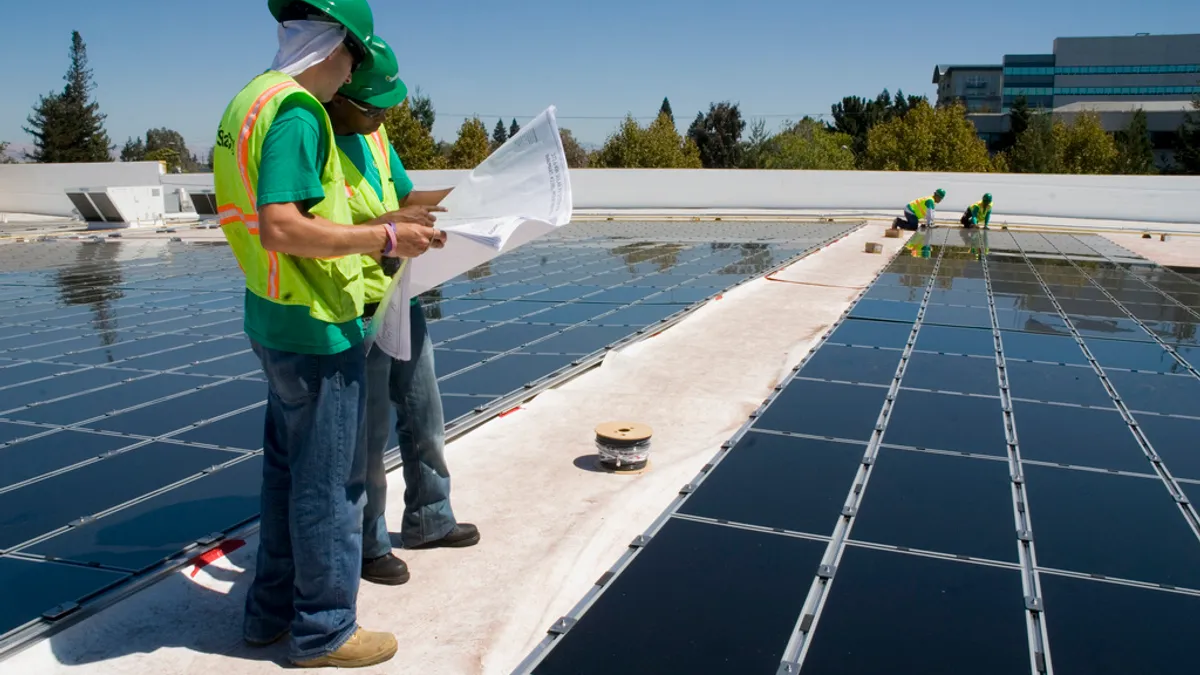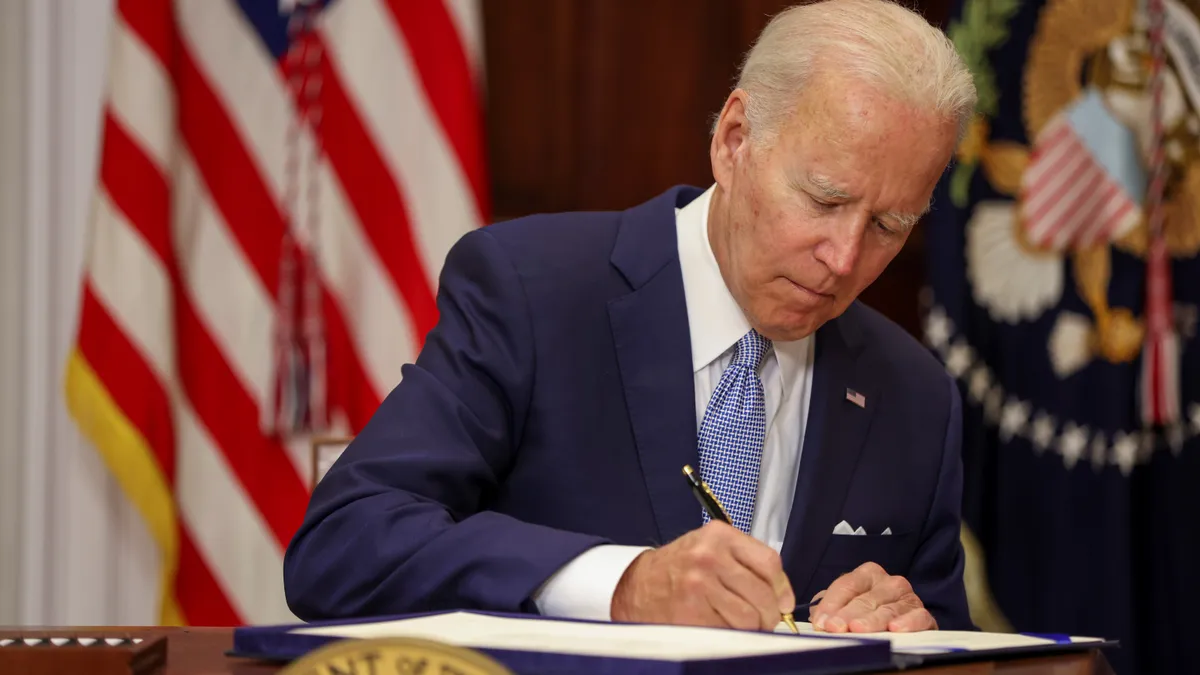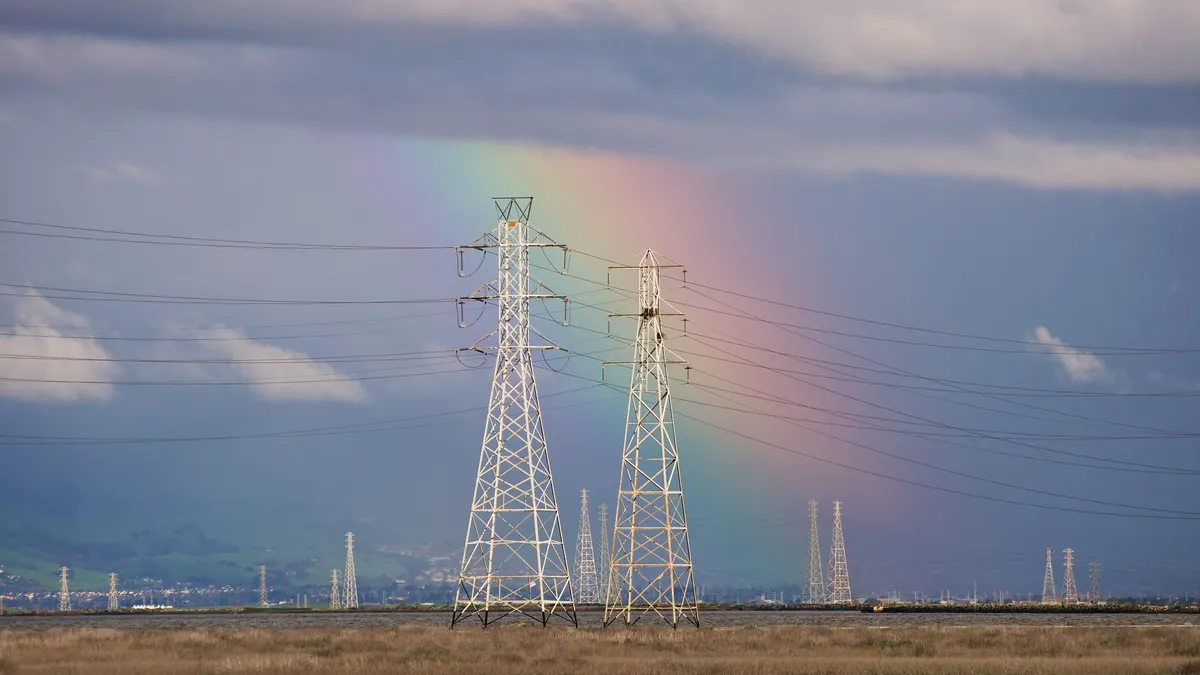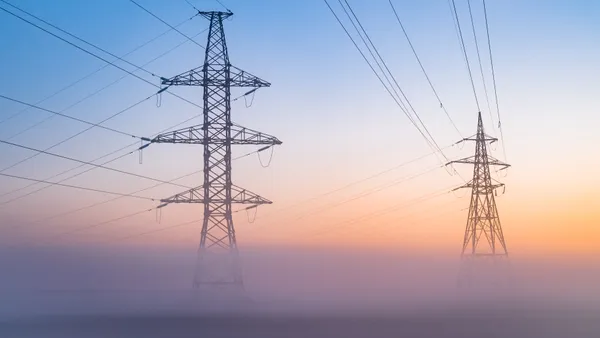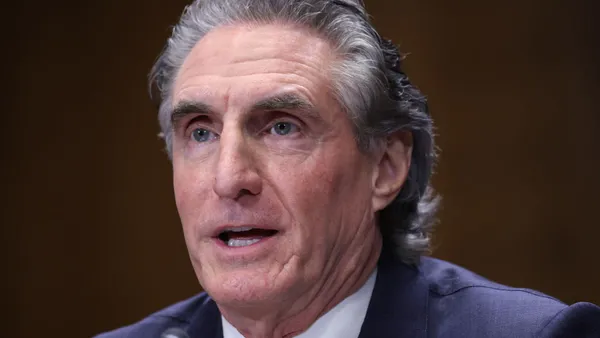Dive Brief:
- New Mexico regulators have approved a settlement that blocks an increase in solar surcharges proposed by Southwestern Public Service Co., and for some customers could result in a decrease in monthly charges, the Public News Service reports.
- The Xcel Energy utility first added the charge to solar generators' bills in 2011, and last October proposed increasing it to 31% percent for residential customers, and up to 48% for other groups of customers.
- Clean energy groups hailed the settlement as a win for the state's solar industry. While the state relies on fossil fuels for most of its energy, Earthjustice says it could become a national leader in renewable power.
Dive Insight:
New Mexico appears to have joined a growing list of states debating additional charges to net metering customers.
Southwestern Public Service had been proposed adding a surcharge to every kWh a solar customer produced, but according to advocates at Earthjustice and Vote Solar, the settlement approved this week will ensure that charge no longer applies to generation in excess of a customer's use.
"New Mexico is a sunny state that has the potential to be a solar energy leader," Earthjustice attorney Sara Gersen said in a statement. "I’m glad that we were able to stop charges from going up on clean, local energy. We want everyone to have a real opportunity to go solar. We can’t let utility fees put clean energy out of reach."
Under the settlement, the current rate charged for producing renewable energy on a home, small business, municipal building or school will be maintained. Agricultural irrigation customers with renewable energy systems, will see the surcharge will drop by 20%.
Overall, solar advocates say charges on the customer-sited generation will either stay the same or go down.
"We applaud the Commission for today’s decision, which will prevent SPS from further penalizing solar customers for generating their own electricity, an investment that lowers energy costs, supports local jobs and improves health for families statewide," said Vote Solar program director Rick Gilliam. "This should send a clear signal to utilities around the country that are attempting to impose similar discriminatory fees that this tactic to curtail rooftop solar is as unconstructive as it is unfair."



